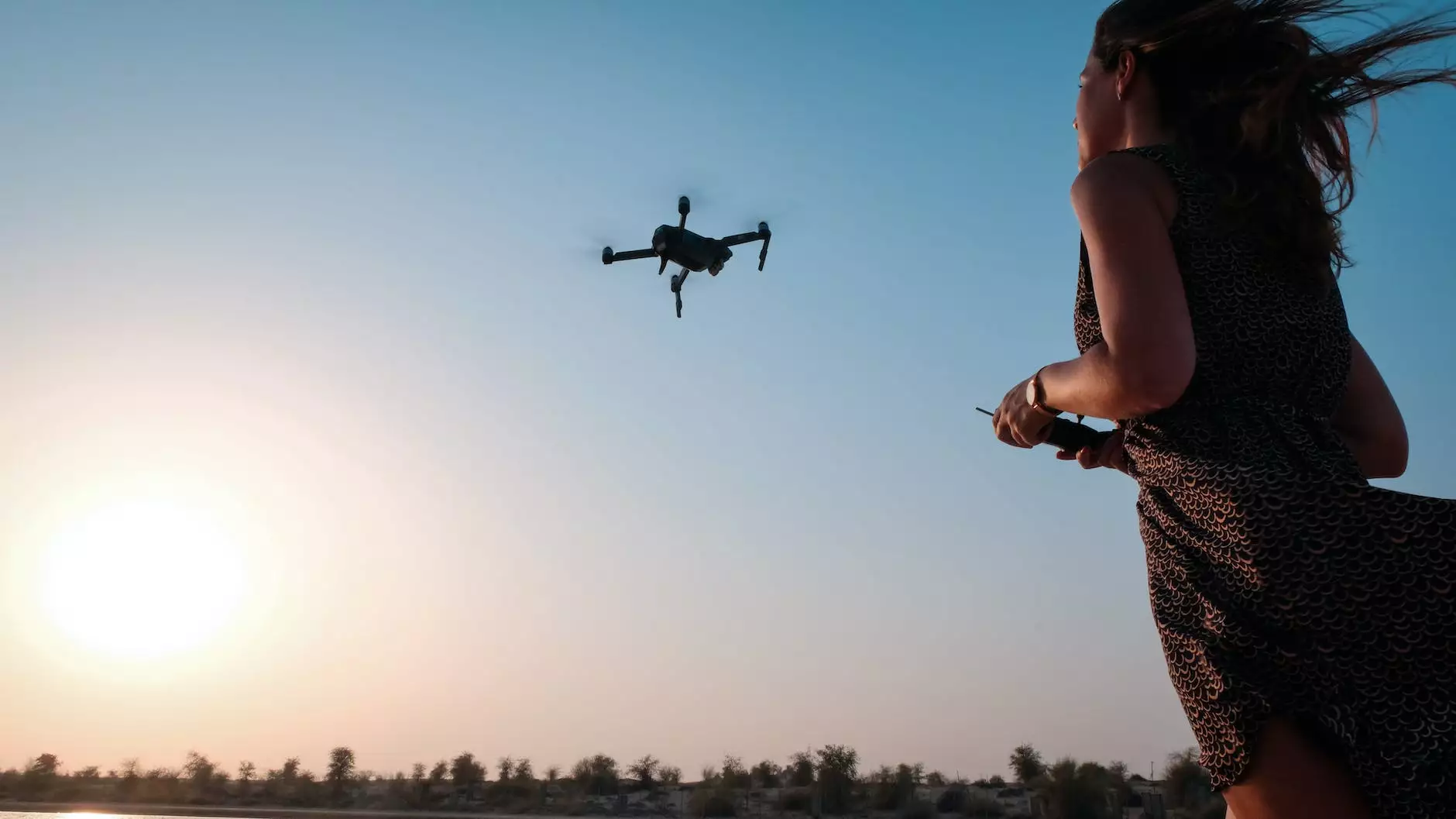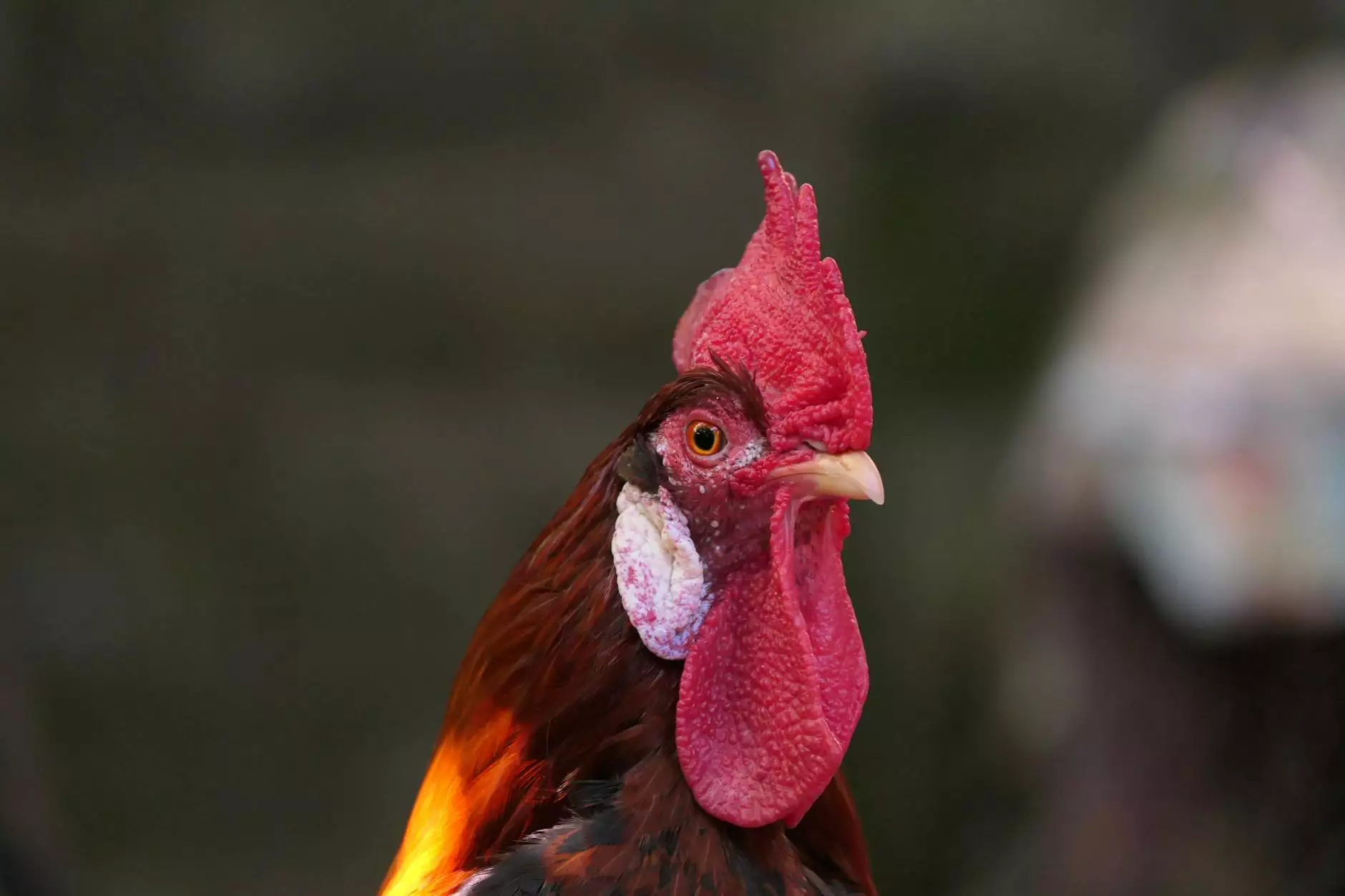The Future of Agriculture: Transforming Farming with Agro Drones

In recent years, the agricultural landscape has witnessed a significant transformation, driven primarily by technological advancements. Among these innovations, agro drones have emerged as a groundbreaking tool that promises to reshape how we approach farming and crop management. This article delves into the essential roles that agro drones play in modern agriculture, their benefits, applications, and the future they herald for sustainable farming practices.
The Emergence of Agro Drones in Agriculture
Agro drones, also known as agricultural drones, represent a significant advancement in precision agriculture. These unmanned aerial vehicles (UAVs) are equipped with advanced sensors and imaging technology that enable farmers to monitor their fields with unparalleled efficiency. Traditional farming methods, while effective, can lack the precision and data analysis capabilities that agro drones provide.
Understanding Agro Drones
Agro drones are equipped with various technologies, including GPS, multispectral cameras, and infrared sensors, which allow them to capture detailed images and data from the agricultural landscape. Key features include:
- High-resolution imaging: Detailed capture of crop health, soil conditions, and moisture levels.
- Multispectral analysis: Assessing plant health by analyzing different wavelengths of light.
- Real-time data transmission: Instant feedback enables prompt decision-making.
- Mapping and surveying: Creating detailed maps to optimize field usage and planning.
Benefits of Using Agro Drones
The integration of agro drones in farming offers numerous advantages that enhance productivity and sustainability. Here are some of the primary benefits:
1. Enhanced Precision in Farming
One of the significant advantages of agro drones is their ability to collect precise data across vast agricultural lands. This accuracy enables farmers to tailor their farming practices to specific areas of the field, ensuring that each segment receives the appropriate amount of resources.
2. Improved Crop Monitoring
Agro drones enable continuous crop monitoring, identifying issues such as pest infestations, diseases, or nutrient deficiencies at an early stage. Accelerated detection leads to quicker interventions, minimizing crop loss and ensuring higher yields.
3. Cost-Effectiveness
Adopting agro drones can lead to significant cost savings. By allowing for precision agriculture practices, farmers can reduce waste and optimize the use of resources like fertilizers, water, and pesticides. The initial investment in drone technology is often recuperated through increased efficiency and reduced input costs.
4. Labor Efficiency
The use of agro drones can alleviate labor shortages in agriculture. They automate many tasks, such as crop monitoring and soil analysis, allowing farmers to focus their labor forces on strategic planning and management.
5. Environmental Sustainability
Agro drones contribute to more sustainable farming practices by promoting the efficient use of resources. By precisely applying inputs based on data collected, farmers can reduce chemical runoff, conserve water, and minimize their overall environmental footprint.
Applications of Agro Drones in Agriculture
The versatility of agro drones makes them suitable for numerous applications in agriculture. Here are several critical use cases:
1. Crop Health Monitoring
By employing multispectral imagery, agro drones can assess crop health with high accuracy. Farmers can identify stressed areas that need attention, preventing larger issues from developing.
2. Irrigation Management
Agro drones can analyze moisture levels in soil, allowing farmers to optimize irrigation schedules. This capability ensures crops receive the right amount of water, enhancing growth while conserving water resources.
3. Soil Analysis
Soil conditions directly impact crop yield; thus, understanding soil health is crucial. Agro drones can map soil characteristics and nutrient levels, informing farmers of necessary amendments.
4. Planting
Some agro drones are equipped to assist with aerial planting. This capability allows for broader coverage and less soil compaction compared to traditional methods.
5. Mapping and Planning
Using agro drones for mapping can provide farmers with accurate field layouts, making it easier to plan for crop rotations, planting schedules, and resource allocation.
The Future of Agro Drones in Agriculture
The future of agriculture is undeniably linked to the evolution of agro drones. As technology advances, we can expect several trends in how drones will impact farming:
1. Integration with AI and Machine Learning
Future agro drones will increasingly incorporate artificial intelligence (AI) and machine learning algorithms. This integration will allow for smarter analysis of data collected, enabling even more precise farming decisions.
2. Greater Automation
As drone technology evolves, we can anticipate higher levels of automation in farming processes. Autonomous drones may conduct various operations with minimal human intervention, allowing farmers to focus on high-level decision-making.
3. Expansion of Regulatory Framework
With the growing adoption of agro drones, regulatory bodies will likely develop clearer guidelines and regulations surrounding their use. This clarity will help integrate drones further into accepted farming practices.
4. Enhanced Connectivity
The rollout of 5G networks will improve the connectivity of drones, enabling real-time data transmission with virtually no latency. This connectivity can significantly improve crop management efficiency.
5. Eco-Friendly Technology
As sustainability becomes a more pressing global concern, agro drones will likely evolve to reduce their environmental impact further, utilizing renewable energy sources and innovative materials.
Conclusion
In conclusion, the integration of agro drones into agricultural practices is not just a trend; it is a significant revolution that enhances productivity, sustainability, and efficiency in farming. By providing precise data and enabling informed decision-making, agro drones are positioned to play an indispensable role in the future of agriculture.
As we look towards the future, cultivating an appreciation for these technological advancements will be crucial for both existing and aspiring agricultural practitioners. The potential benefits of embracing agro drones can lead to a more prosperous and sustainable farming industry, improving food production for a growing global population while protecting our environment.
For more insights into the world of drones and their applications, explore our resources at a-drones.com.









